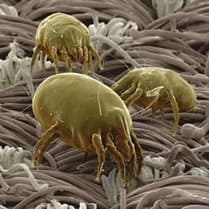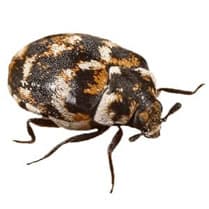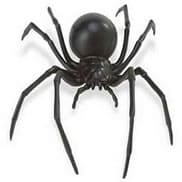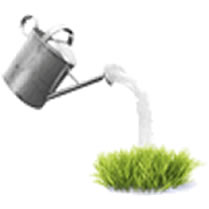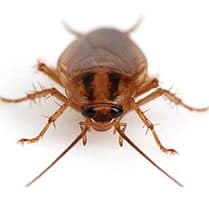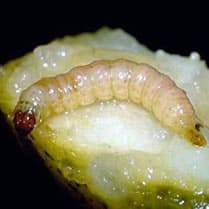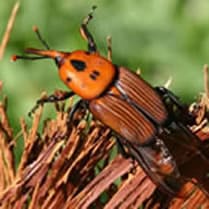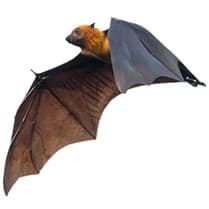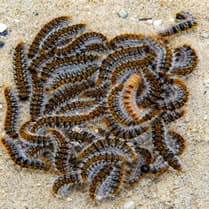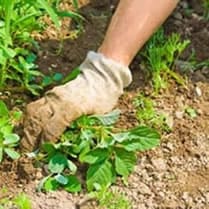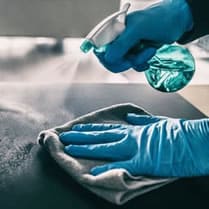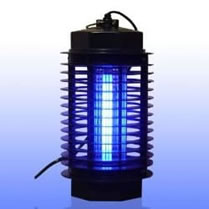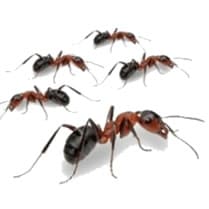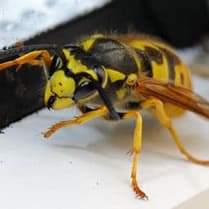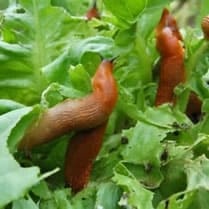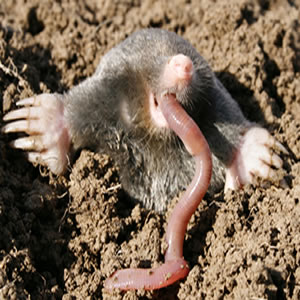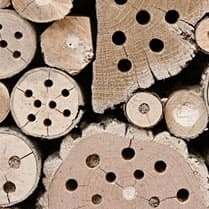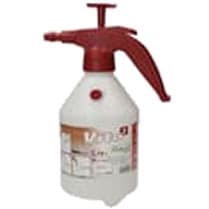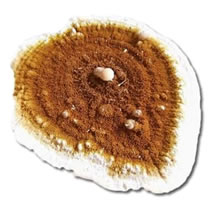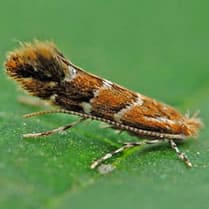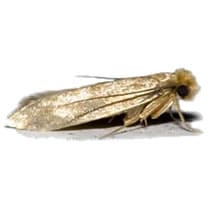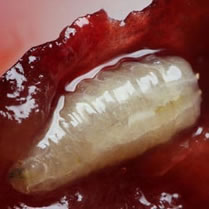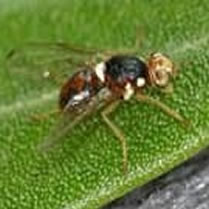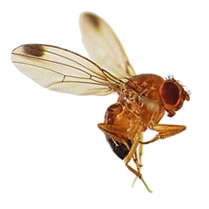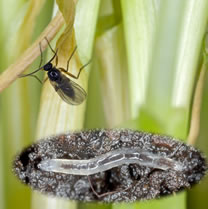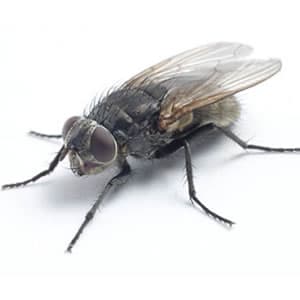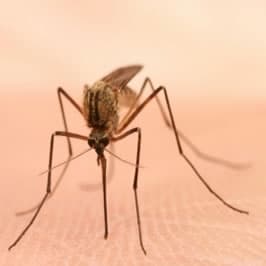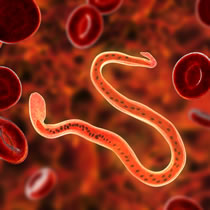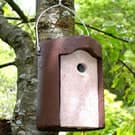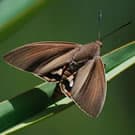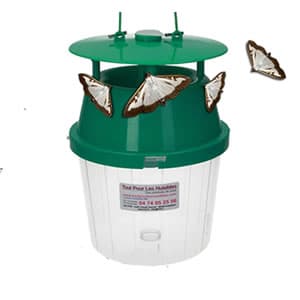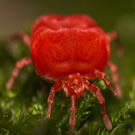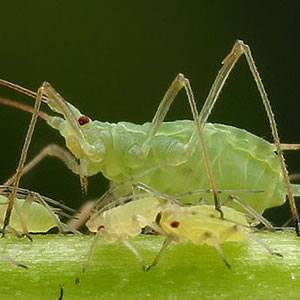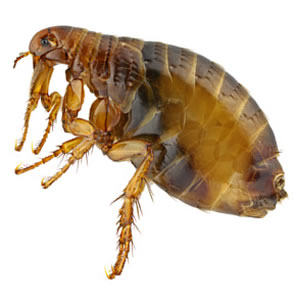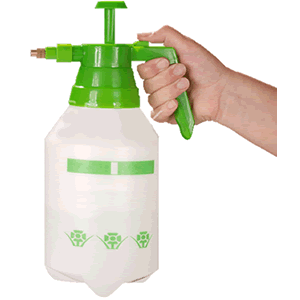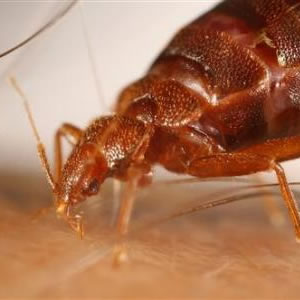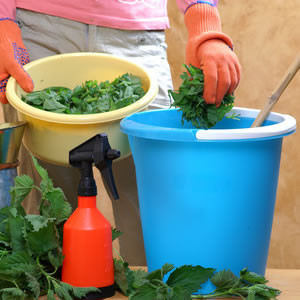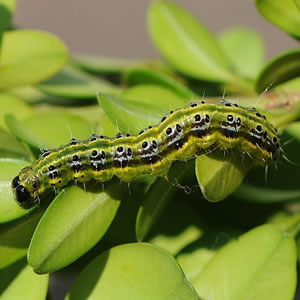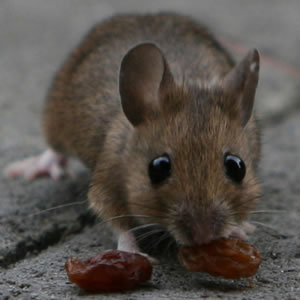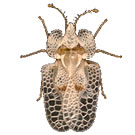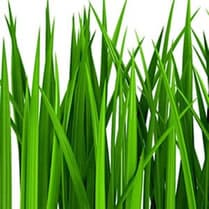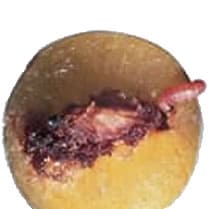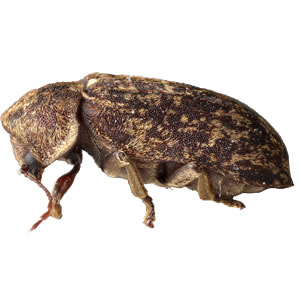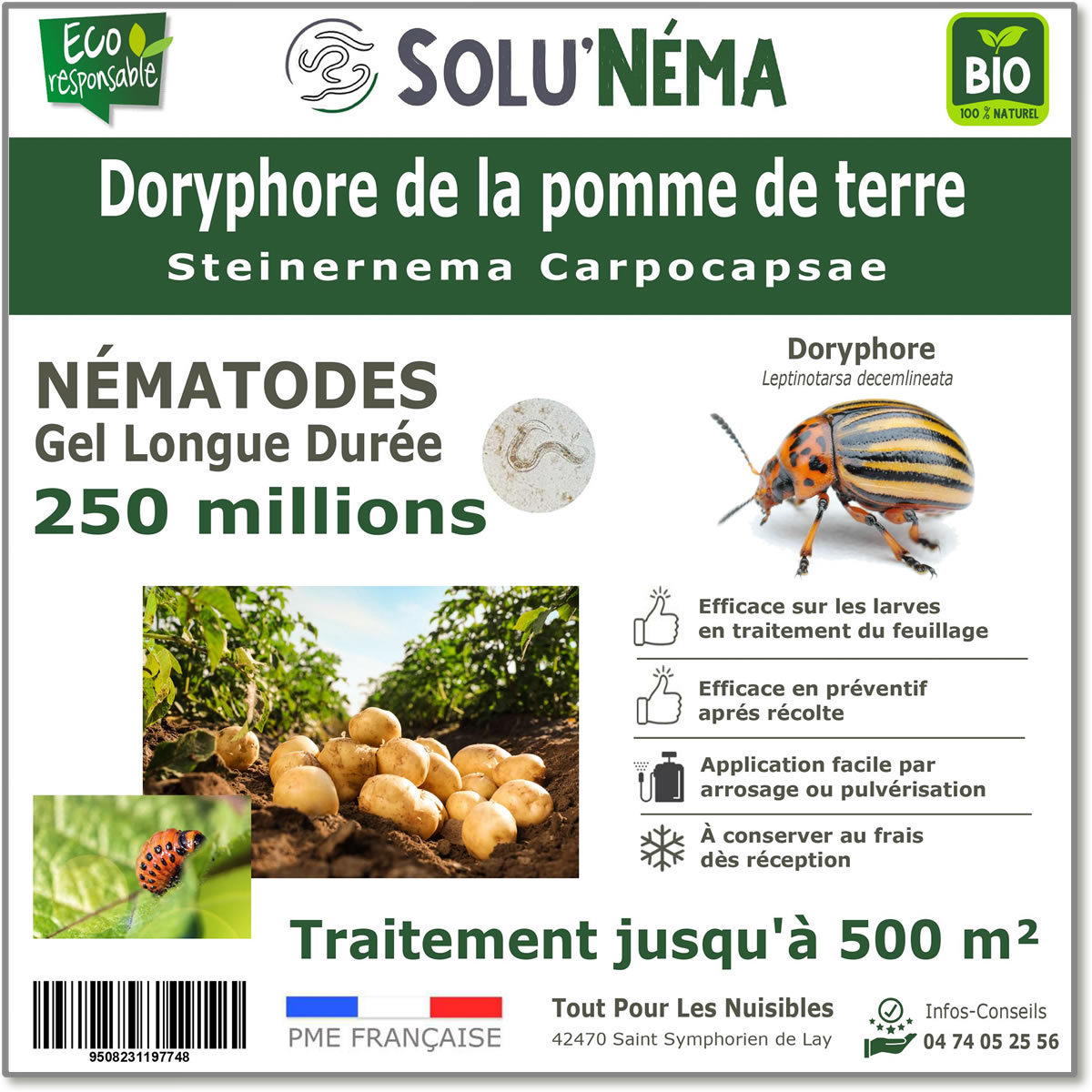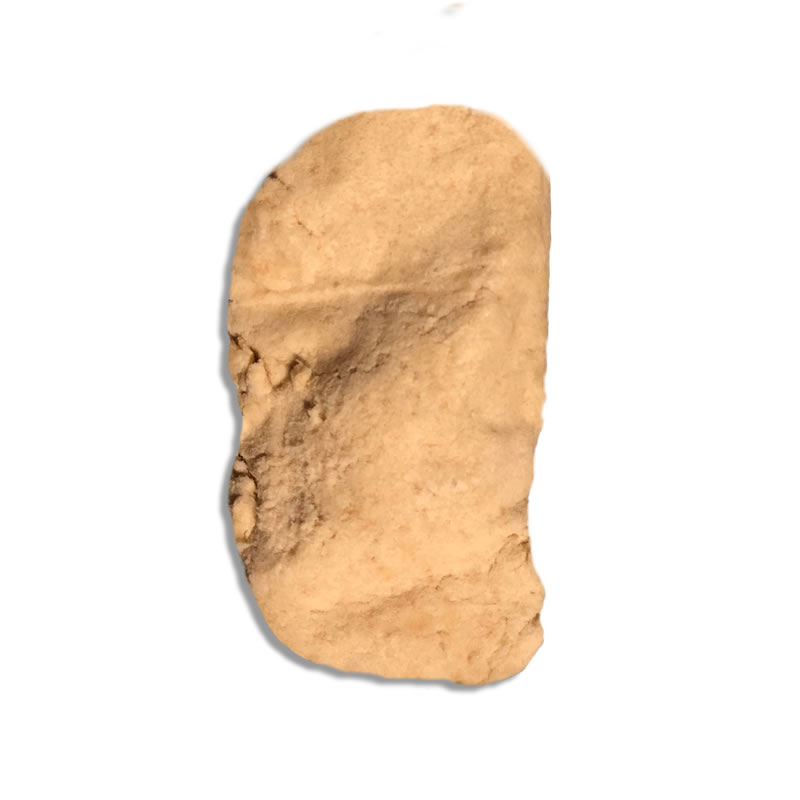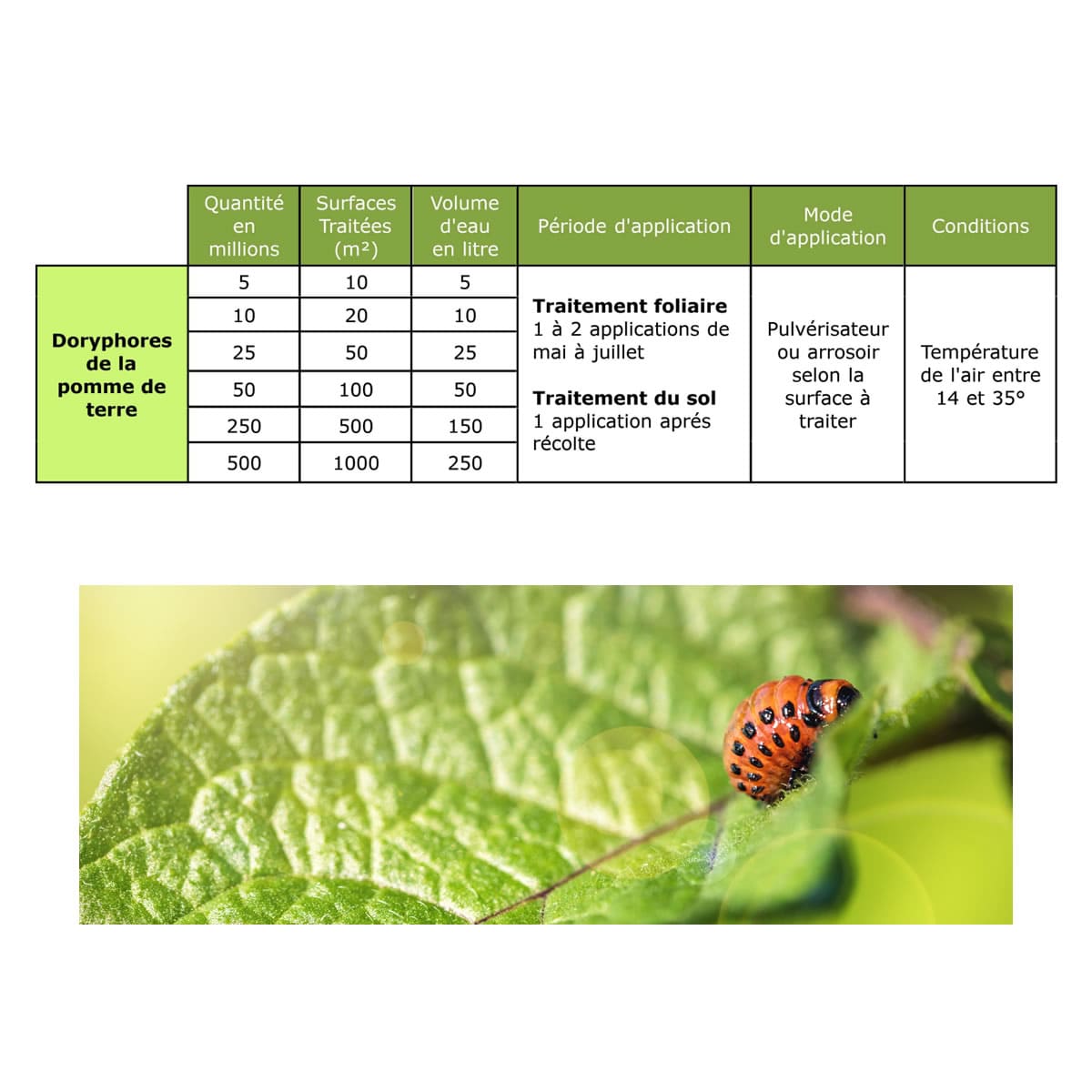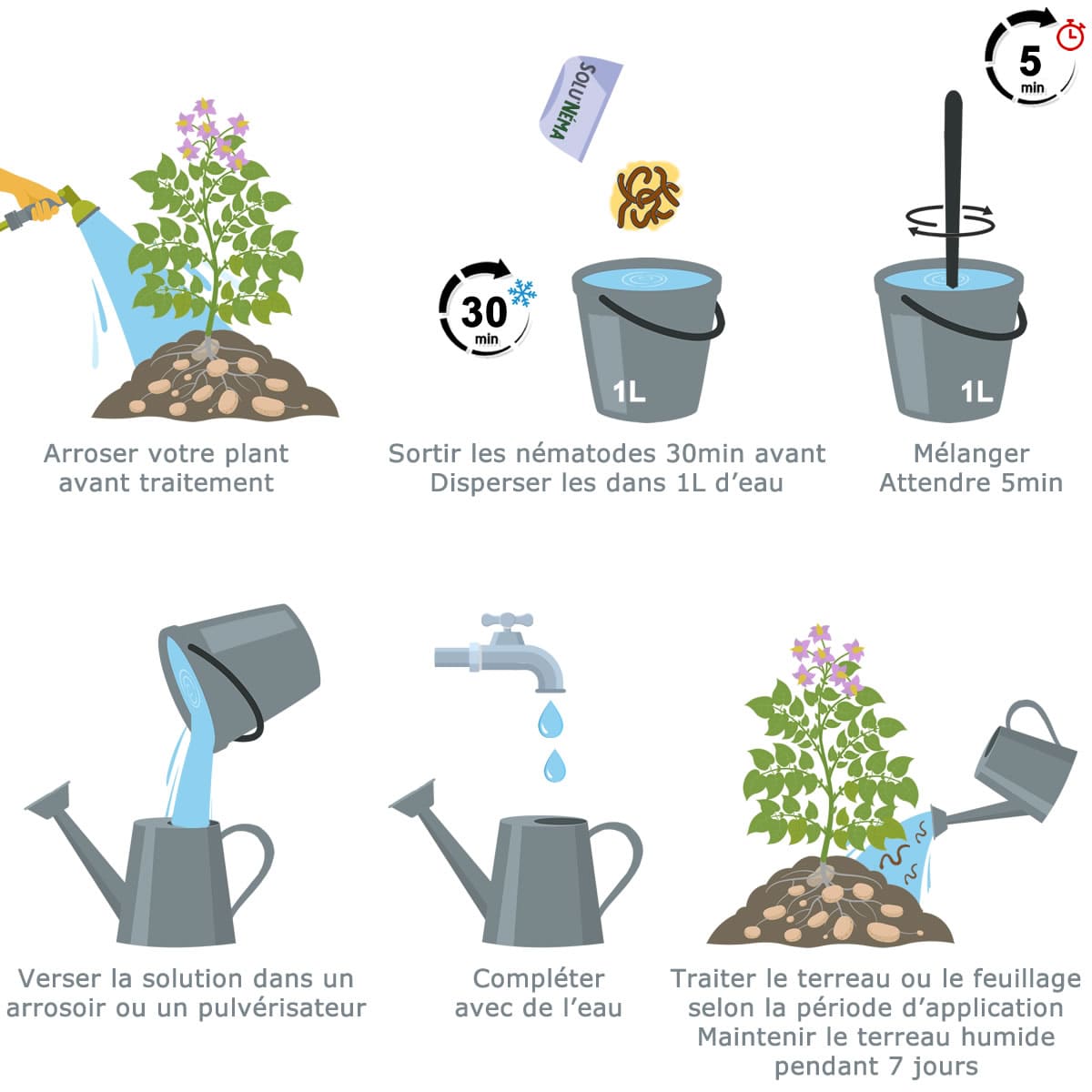- Free delivery
- Oak caterpillar
- Presentation
- Formulation Gel - Cryptobiose
- Legal Notice
- Deliveries
- The main useful nematodes
-
Target pests
- Thrips
- Palm Butterfly (Paysandisia archon)
- The red weevil (Palm tree)
- Soil flies
- The ants
- Box tree moth
- Cutworm - cutworm caterpillars
- crane fly larvae
- The cutters
- White grubs, cockchafers
- Otiorhynchus
- Colorado potato beetle
- The plane tree tiger
- fruit codling moth
- mosquito larvae
- root aphid
- Slugs and snails
- The pear tiger - Stephanitis piri
- Tomato leaf miner
- Agave weevil
- Peach tree capnode
- Zeuzère of the fruit trees
- A little history ...
- Terms of Sales
- Contact us
- Professionnal work place
- Other pests
-
![ACA - Acarien.info, products against mites]() Acariens Acarien.info, products against mites
Acariens Acarien.info, products against mites -
![ANT - Acarien.info, products against mites]() Anthrène des tapis Acarien.info, products against mites
Anthrène des tapis Acarien.info, products against mites -
![ARA - Acarien.info, products against mites]() Araignee Acarien.info, products against mites
Araignee Acarien.info, products against mites -
![ARE - Acarien.info, products against mites]() Arrosage écologique Acarien.info, products against mites
Arrosage écologique Acarien.info, products against mites -
![CAF - Acarien.info, products against mites]() Cafards et Blattes Acarien.info, products against mites
Cafards et Blattes Acarien.info, products against mites -
![CAR - Acarien.info, products against mites]() Carpocapse (vers des fruits) Acarien.info, products against mites
Carpocapse (vers des fruits) Acarien.info, products against mites -
![CRO - Acarien.info, products against mites]() Charancon rouge du palmier Acarien.info, products against mites
Charancon rouge du palmier Acarien.info, products against mites -
![CHI - Acarien.info, products against mites]() Chats-Chiens Acarien.info, products against mites
Chats-Chiens Acarien.info, products against mites -
![LCV - Acarien.info, products against mites]() Chauve souris Acarien.info, products against mites
Chauve souris Acarien.info, products against mites -
![CHE - Acarien.info, products against mites]() Chenille Processionnaire Acarien.info, products against mites
Chenille Processionnaire Acarien.info, products against mites -
![DES - Acarien.info, products against mites]() Desherbage Acarien.info, products against mites
Desherbage Acarien.info, products against mites -
![DVB - Acarien.info, products against mites]() Désinfection-Virus-Bacterie Acarien.info, products against mites
Désinfection-Virus-Bacterie Acarien.info, products against mites -
![DIU - Acarien.info, products against mites]() Destructeur Insectes UV Acarien.info, products against mites
Destructeur Insectes UV Acarien.info, products against mites -
![EPI - Acarien.info, products against mites]() Equipement Protection Individuelle Acarien.info, products against mites
Equipement Protection Individuelle Acarien.info, products against mites -
![FNE - Acarien.info, products against mites]() Fouines Acarien.info, products against mites
Fouines Acarien.info, products against mites -
![FOU - Acarien.info, products against mites]() Fourmis Acarien.info, products against mites
Fourmis Acarien.info, products against mites -
![GUE - Acarien.info, products against mites]() Guêpes - Frelons Asiatique Acarien.info, products against mites
Guêpes - Frelons Asiatique Acarien.info, products against mites -
![ENG - Acarien.info, products against mites]() Les Engrais Acarien.info, products against mites
Les Engrais Acarien.info, products against mites -
![LIM - Acarien.info, products against mites]() Limaces Acarien.info, products against mites
Limaces Acarien.info, products against mites -
![TAU - Acarien.info, products against mites]() Lyon Taupe Acarien.info, products against mites
Lyon Taupe Acarien.info, products against mites -
![INS - Acarien.info, products against mites]() Maisons Insectes Acarien.info, products against mites
Maisons Insectes Acarien.info, products against mites -
![MAT - Acarien.info, products against mites]() Materiel de traitement Acarien.info, products against mites
Materiel de traitement Acarien.info, products against mites -
![MEP - Acarien.info, products against mites]() Mérule Acarien.info, products against mites
Mérule Acarien.info, products against mites -
![MIN - Acarien.info, products against mites]() Mineuse du Marronnier Acarien.info, products against mites
Mineuse du Marronnier Acarien.info, products against mites -
![MIT - Acarien.info, products against mites]() Mites des Vêtements - Alimentaire Acarien.info, products against mites
Mites des Vêtements - Alimentaire Acarien.info, products against mites -
![MOC - Acarien.info, products against mites]() Mouche cerise Acarien.info, products against mites
Mouche cerise Acarien.info, products against mites -
![OLI - Acarien.info, products against mites]() Mouche de l olive Acarien.info, products against mites
Mouche de l olive Acarien.info, products against mites -
![SUZ - Acarien.info, products against mites]() Mouche suzukii Acarien.info, products against mites
Mouche suzukii Acarien.info, products against mites -
![MDT - Acarien.info, products against mites]() Mouche-du-terreau Acarien.info, products against mites
Mouche-du-terreau Acarien.info, products against mites -
![MOU - Acarien.info, products against mites]() Mouches Acarien.info, products against mites
Mouches Acarien.info, products against mites -
![MTQ - Acarien.info, products against mites]() Moustique Acarien.info, products against mites
Moustique Acarien.info, products against mites -
![NEM - Acarien.info, products against mites]() Nématodes Acarien.info, products against mites
Nématodes Acarien.info, products against mites -
![NIC - Acarien.info, products against mites]() Nichoirs et Abris Acarien.info, products against mites
Nichoirs et Abris Acarien.info, products against mites -
![PAL - Acarien.info, products against mites]() palmiers Acarien.info, products against mites
palmiers Acarien.info, products against mites -
![PAY - Acarien.info, products against mites]() Papillon du palmier Acarien.info, products against mites
Papillon du palmier Acarien.info, products against mites -
![PHE - Acarien.info, products against mites]() Phéromone bio Acarien.info, products against mites
Phéromone bio Acarien.info, products against mites -
![PGE - Acarien.info, products against mites]() Pigeon Acarien.info, products against mites
Pigeon Acarien.info, products against mites -
![POU - Acarien.info, products against mites]() Poux rouges du Poulailler Acarien.info, products against mites
Poux rouges du Poulailler Acarien.info, products against mites -
![PDC - Acarien.info, products against mites]() Protection du cheval Acarien.info, products against mites
Protection du cheval Acarien.info, products against mites -
![PCR - Acarien.info, products against mites]() Pucerons Acarien.info, products against mites
Pucerons Acarien.info, products against mites -
![PUC - Acarien.info, products against mites]() Puces Acarien.info, products against mites
Puces Acarien.info, products against mites -
![PUL - Acarien.info, products against mites]() Pulvérisateur Acarien.info, products against mites
Pulvérisateur Acarien.info, products against mites -
![PUN - Acarien.info, products against mites]() Punaise de Lit Acarien.info, products against mites
Punaise de Lit Acarien.info, products against mites -
![PUR - Acarien.info, products against mites]() Purin Acarien.info, products against mites
Purin Acarien.info, products against mites -
![PYR - Acarien.info, products against mites]() Pyrale du buis Acarien.info, products against mites
Pyrale du buis Acarien.info, products against mites -
![SER - Acarien.info, products against mites]() Serpents Acarien.info, products against mites
Serpents Acarien.info, products against mites -
![SDA - Acarien.info, products against mites]() Soin des arbres Acarien.info, products against mites
Soin des arbres Acarien.info, products against mites -
![SDV - Acarien.info, products against mites]() Soin des végétaux Acarien.info, products against mites
Soin des végétaux Acarien.info, products against mites -
![SOU - Acarien.info, products against mites]() Souris - Rat - Campagnol - Rongeur Acarien.info, products against mites
Souris - Rat - Campagnol - Rongeur Acarien.info, products against mites -
![STO - Acarien.info, products against mites]() Stop Odeur Acarien.info, products against mites
Stop Odeur Acarien.info, products against mites -
![TIG - Acarien.info, products against mites]() Tigre du Platane Acarien.info, products against mites
Tigre du Platane Acarien.info, products against mites -
![CPT - Acarien.info, products against mites]() Tout Pour Le Compost Acarien.info, products against mites
Tout Pour Le Compost Acarien.info, products against mites -
![TPG - Acarien.info, products against mites]() Tout Pour Mon Gazon Acarien.info, products against mites
Tout Pour Mon Gazon Acarien.info, products against mites -
![PRU - Acarien.info, products against mites]() Ver de la prune Acarien.info, products against mites
Ver de la prune Acarien.info, products against mites -
![VRI - Acarien.info, products against mites]() Vrillette Acarien.info, products against mites
Vrillette Acarien.info, products against mites
-
Colorado beetle treatment - 250 Million Nematodes (SC)
Disponibilité : En stock
Carpocasae nematode treatment to control Colorado potato beetle larvae
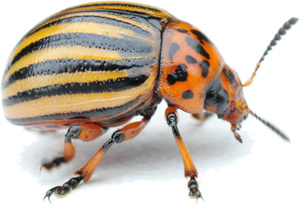 Colorado potato beetles (Leptinotarsa decemlineata) are insect pests that pose a threat to potato crops worldwide.
Colorado potato beetles (Leptinotarsa decemlineata) are insect pests that pose a threat to potato crops worldwide.
Colorado potato beetles are recognizable by their orange bodies and distinctive black stripes.
Steinernema Carpocapsae (SC) nematodes are microscopic worms that are used as a biocontrol treatment against Colorado potato beetles.
When applied to the soil or to potato leaves infested with Colorado potato beetle larvae, the nematodes actively search for their prey. Once in contact with a Colorado potato beetle larva, the nematodes penetrate through the natural orifices of the insect. Once inside, the nematodes release specific symbiotic bacteria which multiply rapidly and cause the death of the larva.
The bacteria released by the nematodes produce toxins and enzymes that degrade the tissues of the Colorado potato beetle larva, leading to its death. The nematodes then feed on the bacteria and decaying tissue, reproduce and seek out new prey.
The action of nematodes against Colorado potato beetle larvae is considered an effective and environmentally friendly method of biological control, as it specifically targets the pest without harming other beneficial organisms or humans.
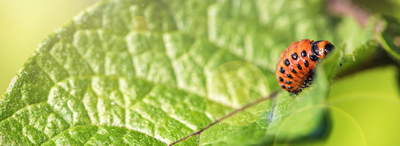
How to use nematodes to control Colorado potato beetles
1. Identify the problem
Damaged leaves: Colorado potato beetles are best known for their voracious appetite for potato leaves. Both adults and larvae chew the leaves, creating holes and scars. They can devour leaves completely, leaving only the veins, in a behavior known as "skeletonization".
Yield reduction: Leaf damage by Colorado potato beetles can cause a significant reduction in crop yield. Potato plants need their leaves for photosynthesis, which fuels the growth of tubers (potatoes). If a large number of leaves are destroyed, the growth of the plant is hampered, which leads to a decrease in the size and number of tubers produced.
It is possible to act on the larvae by applying the nematodes to the foliage.
It is also recommended to treat the soil after harvesting potatoes. The Colorado potato beetle larvae fall off the leaves and move through the soil at this time. This is the perfect time to fight them with nematodes. This helps prevent a new infestation of beetles the following season.
2. Preparation of nematode solution
Bring nematodes to room temperature 30 minutes before use. To mix the nematodes well, it is recommended to dilute the entire sachet in a small container of clean water at room temperature by pre-diluting the nematodes before mixing them. Stir this mixture well and allow the contents to dilute for 5 minutes. If there are any lumps left, that's okay, but it could clog the nozzles. Then, pour this preparation into your watering can or sprayer and add the rest of the water (between 15°C and 25°C). Mix again.
3. Application by spraying or watering the nematodes on the palm
Before applying the nematode solution to the plants, moisten the plants and the soil. This will allow the nematodes to move more easily to their prey. Since nematodes do not have legs, they use moisture in combination with foliage particles to move around. Spray while continuing to agitate the mixture to prevent the nematodes from ending up all at the bottom of the sprayer or watering can.
4. Continue humidification
Nematodes need a moist environment to move to their prey. To maintain their effectiveness, continue to water your crop regularly.
5. Monitor results
Steinernema Carpocapsae nematodes are fast enough to control Colorado potato beetles. You should notice a decrease in the larval population after a few days. However, be careful, as the nematodes process the larvae, so you might still see adults. If the larvae persist, it is necessary to repeat the treatment.
It is important to follow application instructions for best results when treating Colorado potato beetles with Steinernema Carpocapsae nematodes.

ATTENTION: These microscopic worms are living organisms, and to bring you the best product quality, we ship them from Monday to Thursday inclusive, no shipment on the eves of public holidays.
If you choose delivery to a collection point, we cannot guarantee the delivery date and consequently the duration of use of the product could be reduced (particularly in summer).
| Cart Summary | |||||||||
|---|---|---|---|---|---|---|---|---|---|
| Subtotal : | 0.00 € | ||||||||
|
|
|||||||||
| Total : | 0.00 € | ||||||||








Over-Ear Headphone
$120 $200
Lorem ipsum, dolor sit, amet consectetur adipisicing elit. Ipsum non facilis corporis modi consequatur. Iure perferendis dicta illum deleniti veritatis vero tempora maxime ducimus quaerat, iusto omnis magni doloribus. Repellat exercitationem odio amet sit.


